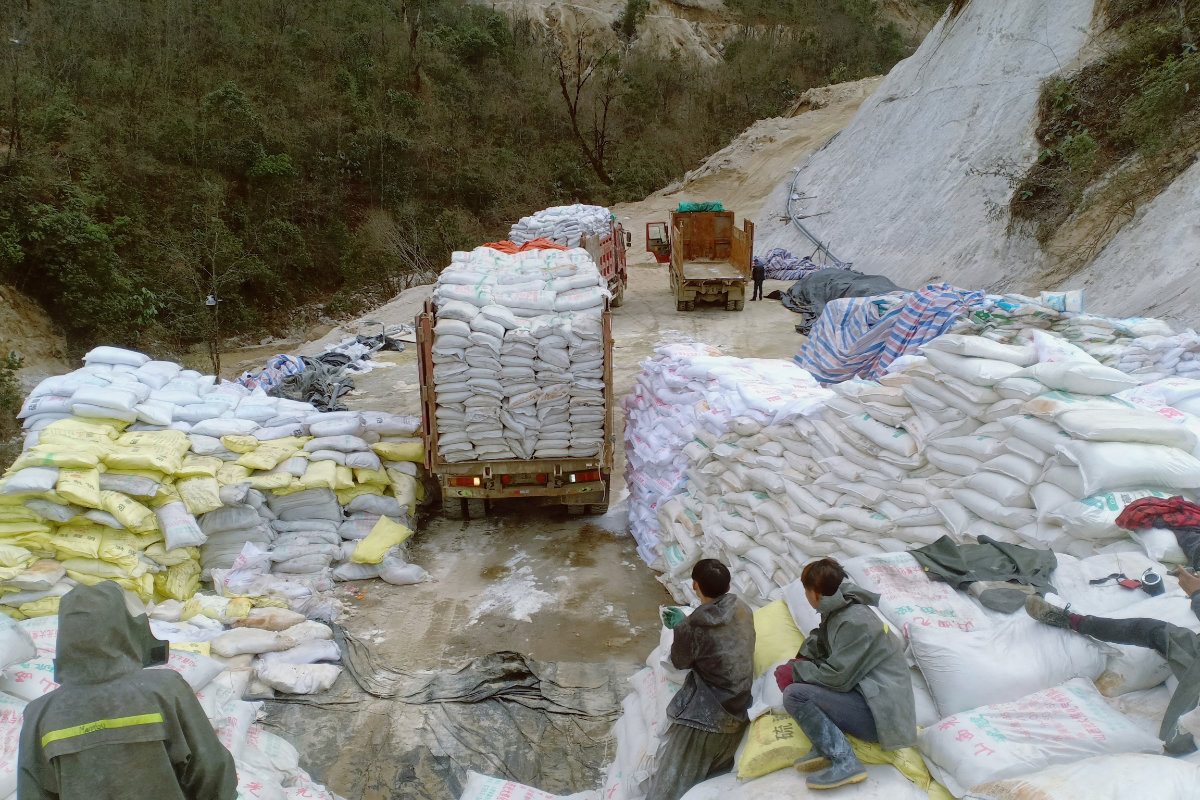The absurdity of war and its ethical echoes in AI

https://arab.news/29kff
In a city where artificial intelligence promises to revolutionize everything from grocery shopping to pet care, one question looms larger than the latest tech trend: What happens when we forget the lessons of humanity in the quest for efficiency? As our screens flash with notifications, a local philosopher and self-proclaimed ethical warrior, Mr. Raf, urges us to reflect on the often-ignored costs of conflict — both in the battlefield and in our evolving digital landscape.
“War, like a poorly programmed AI, often leads to catastrophic outcomes,” Raf quipped during a recent lecture. “Blood is not even useful for making mud. It’s just messy!”
In the annals of history, war has always demanded a staggering price, and not just in dollars and cents. The most chilling aspect is the loss of human life. Each casualty in conflict is not merely a statistic; it represents a unique individual — someone with hopes, dreams, and loved ones. “When we wage war, we’re not just destroying buildings; we’re dismantling lives,” Raf stated, recalling the painful remnants of countless conflicts.
According to the World Health Organization, wars claim tens of thousands of lives annually, and the toll is not limited to soldiers. Civilians — those who were simply in the wrong place at the wrong time — find themselves swept into the storm. “Imagine being at a family picnic and having it interrupted by artillery fire. That’s no way to spend a Saturday!” Raf remarked dryly, emphasizing the absurdity of violence amid humanity’s gatherings.
But the scars of war run deeper than physical loss. The psychological impacts are profound and often overlooked. Soldiers return home carrying the invisible burdens of post-traumatic stress disorder, anxiety, and depression. “It’s like bringing a demonic AI home from work; you can’t just turn it off!” Raf lamented. He highlighted that the horrors of war haunt veterans and civilians alike, leaving a legacy of trauma that can echo through generations.
The emotional toll on children, especially those growing up in war zones, is particularly alarming. “You think kids have it rough with homework? Try growing up while bombs are falling!” Raf added, shaking his head in disbelief. The trauma these children endure can shape their futures, perpetuating cycles of violence and despair.
Then there is the economic fallout, which can feel as invisible as the psychological scars but is no less devastating. The funds poured into military campaigns could be better spent on education, healthcare, and infrastructure. “Let’s not forget the opportunity cost here,” Raf urged. “Imagine the roads we could build or the schools we could fund instead of financing yet another conflict.”
The irony is palpable: We invest billions in creating more sophisticated weapons while ignoring the very real problems we could solve with those resources. “It’s like spending all your money on a fancy coffee machine but not using it to make coffee. What’s the point?” he quipped.
Even our planet bears the scars of warfare. From bombings that raze forests to chemical weapons that poison water supplies, the environmental destruction wrought by conflict is catastrophic. “War is like a poorly designed AI: It doesn’t just affect the immediate environment; it disrupts the whole ecosystem,” Raf argued. “The trees don’t just fall; they take entire habitats with them. If we’re going to wage war, we’re also declaring war on the Earth itself.”
The irony is palpable: We invest billions in creating more sophisticated weapons while ignoring the very real problems we could solve with those resources.
Rafael Hernandez de Santiago
The consequences of this destruction are felt long after the fighting stops. Communities left with barren land and polluted water face dire challenges. “It’s a vicious cycle: War devastates, and the aftermath leaves people hungry and desperate,” he said.
Raf’s mantra — “Blood is not even useful for making mud” — serves as a stark reminder of the senselessness of war. “It’s a truth that echoes through history: Conflicts often end in stalemates or resolutions that could have been achieved through dialogue,” he pointed out. The philosopher Aristotle once said: “It is the mark of an educated mind to be able to entertain a thought without accepting it.” Yet, in war, we often accept the thought of violence without questioning its futility.
“Wouldn’t it be great if we could use all the energy we spend on fighting to solve our differences peacefully?” Raf proposed. “Imagine an AI that mediates disputes instead of escalating them. Now that’s the kind of machine we need!”
As Techville embraces the future of AI, Mr. Raf advocates for an ethical approach — one that learns from the past. “If we can’t teach AI to value human life, we might as well hand over the keys to a malfunctioning robot,” he cautioned. “We need to instill the values of diplomacy and cooperation in our technology.”
In this context, the role of the international community becomes crucial. “We must prioritize dialogue over military intervention,” Raf emphasized. By addressing root causes like poverty and inequality, we can create a world where conflicts are less likely to arise. “Investing in education and social justice is like teaching AI to be kind — it’s not easy, but it’s necessary.”
In a world increasingly defined by AI and technological advancement, it is our ethical responsibility to ensure that we do not repeat the mistakes of history. “Peace isn’t just a noble idea; it’s essential for our survival,” Raf declared.
As he concluded his talk, the crowd erupted in applause. “Let’s strive for a future where our conflicts are resolved through dialogue, and where human life is cherished above all else,” he urged. “After all, if we can’t learn from our past, how can we expect our machines to do better?”
In Techville, where the buzz of technology mingles with the echoes of history, Mr. Raf stands as a beacon of hope. He reminds us that as we navigate the ethical landscape of AI, the lessons of humanity must guide our way. With a wink, he added: “And maybe one day, we’ll look back and wonder why we ever thought war was a good idea in the first place!”
• Rafael Hernandez de Santiago, viscount of Espes, is a Spanish national residing in Saudi Arabia and working at the Gulf Research Center.


























